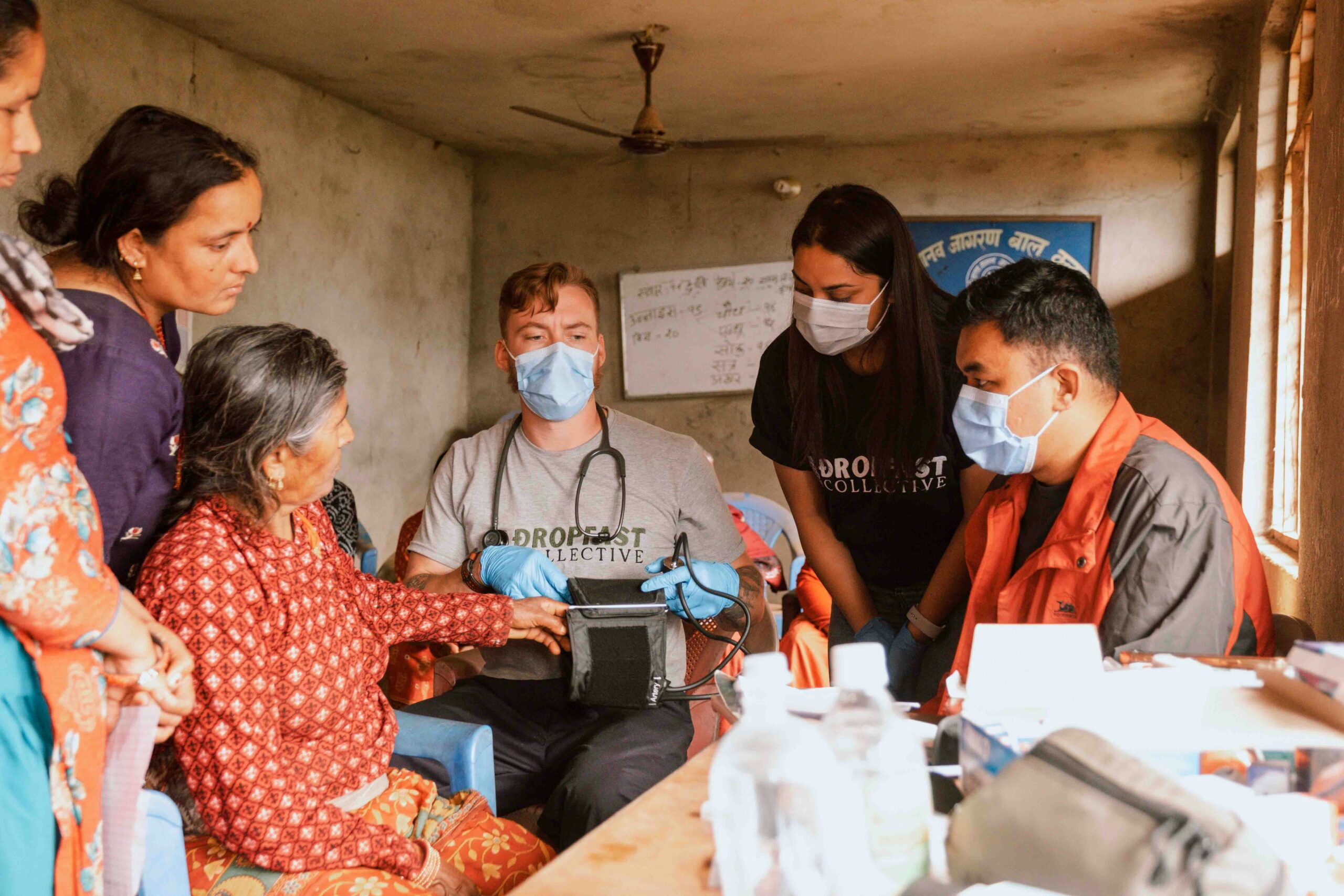Empowering Change: How Doctors Can Lead Through Philanthropy

Philanthropy offers physicians a meaningful way to extend their impact beyond the exam room. With their unique expertise and influence, they are well-positioned to support causes that address healthcare disparities, fund medical research, and uplift underserved communities. While clinical duties can be demanding, even small acts of giving or volunteering can create lasting benefits.
Many doctors already support charitable organizations in various forms. From donating time at free clinics to launching health initiatives in remote regions, physicians can use their knowledge to tackle systemic challenges. By aligning philanthropy with their passions, they can influence both policy and patient care at a deeper level.
Starting with Community Needs
Before diving into philanthropic work, physicians should assess the needs of their communities. Every region faces different health challenges—some may lack access to primary care, while others need more mental health resources. Understanding local gaps allows doctors to identify the most pressing issues they can help address.
Moreover, connecting with local nonprofits, hospitals, or community health programs can provide insight into ongoing projects. These relationships may lead to partnerships where physicians offer specialized services or guidance. Through consistent involvement, doctors can help build sustainable solutions that improve long-term community health.
Donating Time and Skills
Volunteering remains one of the most direct ways for physicians to engage in philanthropy. Whether it’s offering free screenings, hosting educational workshops, or participating in global medical missions, their skills are invaluable. In underserved areas, even a few hours of clinical care can make a difference.
Physicians can also share their knowledge through mentorship or teaching. Medical professionals who support training programs or student initiatives play a role in shaping the next generation of caregivers. This not only strengthens healthcare systems but ensures their impact continues well beyond their immediate reach.
Establishing or Supporting Health Foundations
Some physicians choose to start their own foundations to address specific medical concerns. These organizations can fund research, supply medical equipment, or promote awareness campaigns. Establishing a foundation requires time, planning, and resources, but it gives doctors full control over how their contributions are used.
For those not ready to start from scratch, contributing to existing foundations can be just as impactful. Donating to organizations aligned with their values—whether focused on rare diseases, maternal care, or rural health—helps fund vital programs. As trusted professionals, their endorsements can also raise awareness and attract additional support from the public.
Advocating for Health Equity
Physicians can use their platforms to speak out on public health issues. By participating in advocacy campaigns or writing opinion pieces, they help bring attention to underserved populations and systemic barriers. Their voices carry weight in policy discussions, especially when backed by data and real-life experience.
Joining boards of nonprofit health organizations or testifying before legislative bodies are powerful ways to drive change. Many policymakers welcome input from medical experts when shaping health policies. Through these avenues, doctors can push for better funding, access, and regulations that benefit broader patient populations.
Leveraging Technology and Media
Modern communication tools allow physicians to extend their philanthropic reach online. Social media, podcasts, and blogs offer platforms to share stories, raise funds, or mobilize communities around a cause. These tools help break down barriers of geography and time.
Digital platforms also simplify fundraising. Doctors can set up donation drives, partner with influencers, or join virtual events to support their chosen causes. Even short video messages or testimonials can inspire others to give or get involved. This kind of outreach amplifies impact and fosters a culture of giving.
Partnering with Like-Minded Professionals
Collaboration can magnify philanthropic efforts. When physicians team up with colleagues, hospitals, or medical associations, they can launch larger projects with broader impact. From multi-physician outreach programs to nationwide awareness campaigns, these efforts often draw more attention and funding.
Working together also provides emotional support. Philanthropy can be emotionally demanding, especially when addressing urgent or sensitive issues. Engaging with peers who share the same mission helps maintain motivation and fosters a sense of purpose.
Making Philanthropy Sustainable
Sustainable philanthropy requires long-term commitment. Physicians should assess how much time, money, or energy they can contribute without affecting their well-being or professional obligations. Setting realistic goals ensures they can continue their work without burnout.
Tracking outcomes also matters. By evaluating the success of their initiatives—through patient feedback, health outcomes, or data—they can refine efforts and improve impact. This practical approach strengthens their philanthropic work and maintains accountability.
Ultimately, physicians have a powerful role to play in shaping healthier communities. Through strategic philanthropy, they can lead beyond the clinic, addressing both immediate needs and long-term health challenges with compassion and expertise.
Additional Information
- Blogs
- health policies, medical research, strategic philanthropy
- Dr. Seth Eidemiller